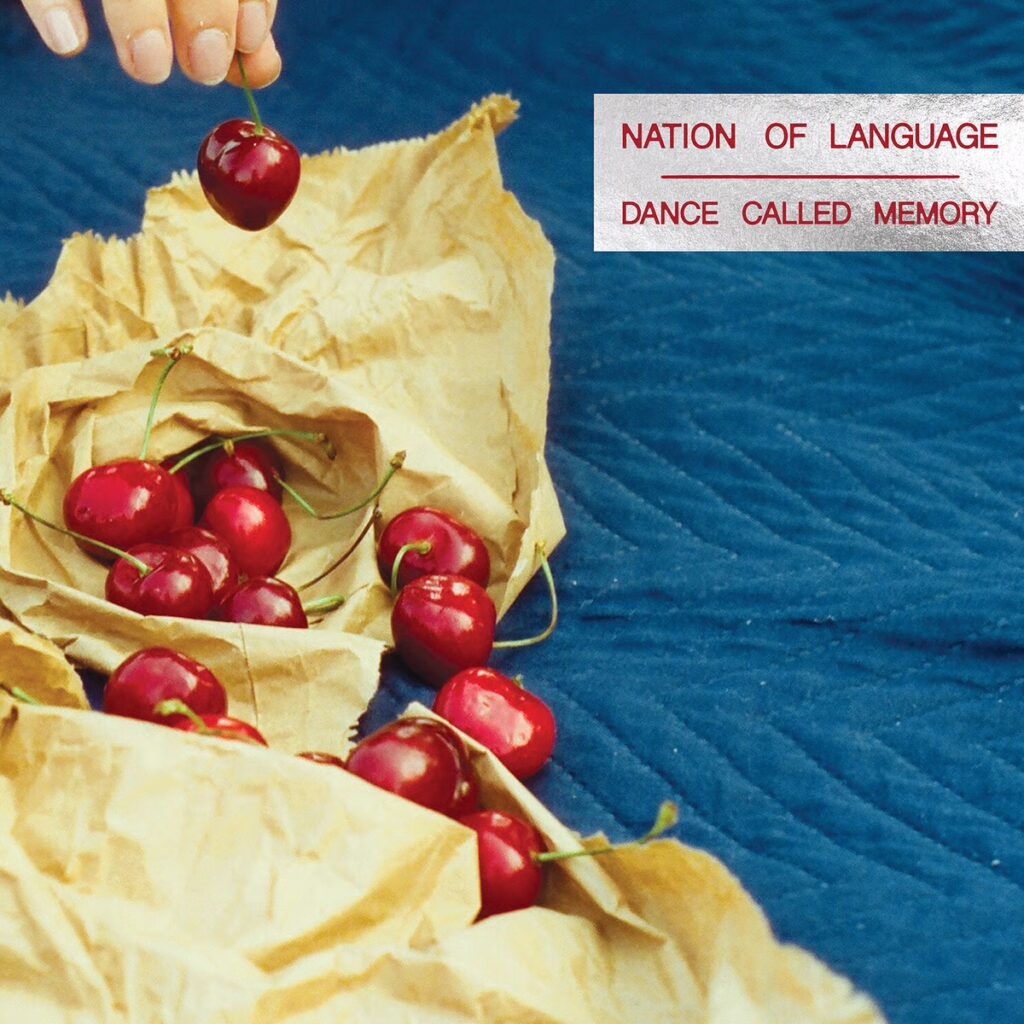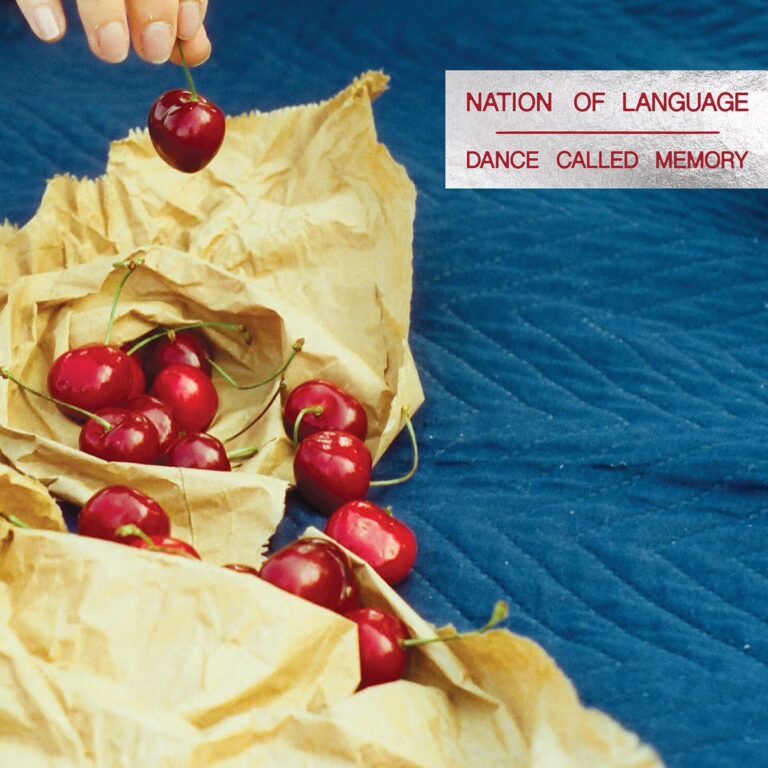
A New Chapter, With Roots
With Dance Called Memory, Brooklyn’s synth-pop trio Nation of Language—Ian Richard Devaney (vocals, guitar), Aidan Noell (synths), and Alex MacKay (bass) —step into what feels like a more introspective, emotionally raw era. It’s their fourth studio album, and the first one on Sub Pop.
They also reunite with producer Nick Millhiser, who worked on their previous album Strange Disciple (2023) to help shape this record.
Sound & Themes
What makes Dance Called Memory compelling is how it balances nostalgia and vulnerability with forward-looking sonic texture. The synth layers are richer, more detailed; the vocals (especially Devaney’s lead voice) feel more exposed, more human. There’s less polish in some moments—intentionally so—which gives weight to the lyrics and the emotional undercurrents.
Memory, loss, change, the ache of letting go — these are recurring motifs. Songs like Can’t Face Another One and Under the Water dip into longing, nostalgia, and the sometimes raw edges of what we carry with us.
At the same time, there’s a tension (in a good way) between the synthetic and the organic. The band, especially via production choices, seems aware of influences like Kraftwerk, Brian Eno, My Bloody Valentine — not simply echoing them, but using them as points of departure.
Highlights & Standouts
“Inept Apollo” — One of the lead singles; it’s lush, beautifully produced, and arguably one of the more immediate tracks for new listeners. “I’m Not Ready for the Change” — This track leans into shoegaze-like textures and reflection; there’s a sense of transition, of coping with drift between people. “Under the Water” — A later-added track that almost didn’t make the cut, but its inclusion adds emotional depth to the second half of the album. The origin story of finishing it during a tour adds to its texture. Closing track “Nights of Weight” — Softer, more acoustic texture, bringing the listener gently back from the more cosmic or ethereal parts of the album.
Where It Lands
This album doesn’t radically reinvents Nation of Language’s sound, but it does evolve it — sharpening what was already good, making room for more nuance, more shadows, more tenderness. For longtime fans, there’s enough continuity (the synth pop, the emotional undercurrent) to feel familiar. For newcomers, there’s enough distinctiveness to make Dance Called Memory a powerful entry point.
Sub Pop appears to be a good home for this one — the label gives a platform but doesn’t overshadow the band’s identity.
Minor Quibbles
The pacing sometimes leans into the solemn, making some stretches feel heavy or slow. A few tracks (especially where the production is more stripped back) may not hit as strong on first listen; they benefit from repeated plays.
Final Thoughts
Dance Called Memory is a mature, emotional album that lands with a resonance few synth-pop acts manage. It’s thoughtful without being overly self-indulgent, atmospheric without becoming vague. Nation of Language show that memory isn’t just something to look back on — it’s a living, shifting force in how we perceive ourselves, others, and even the future.
If you’re into music that moves between nostalgia and immediacy, that fuses analog warmth with digital shimmer, Dance Called Memory is likely to become one of 2025’s subtle standouts.

